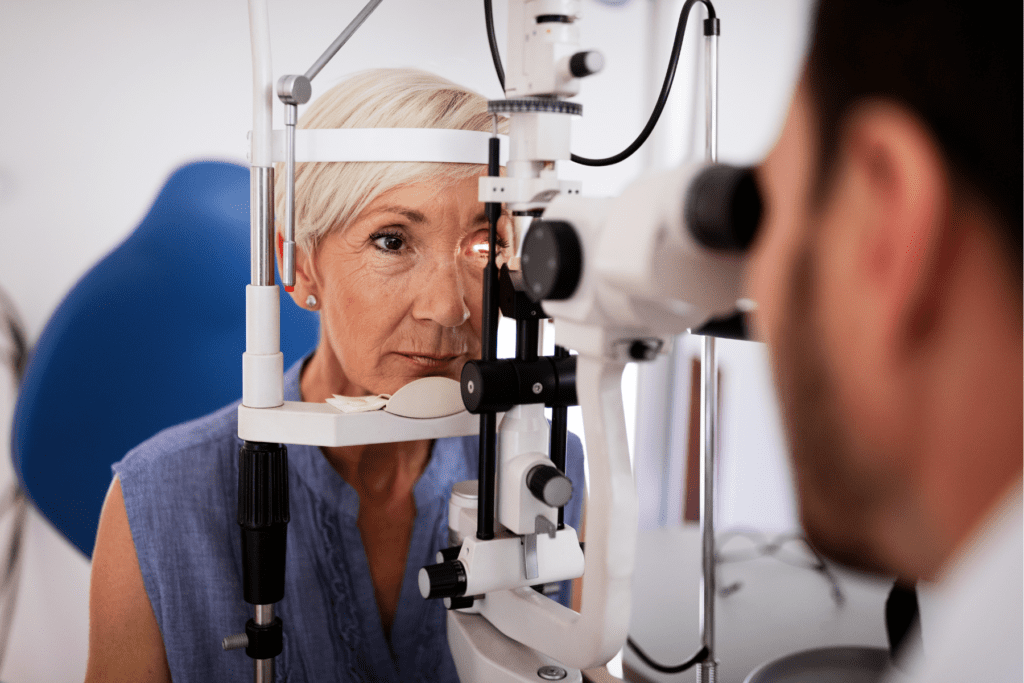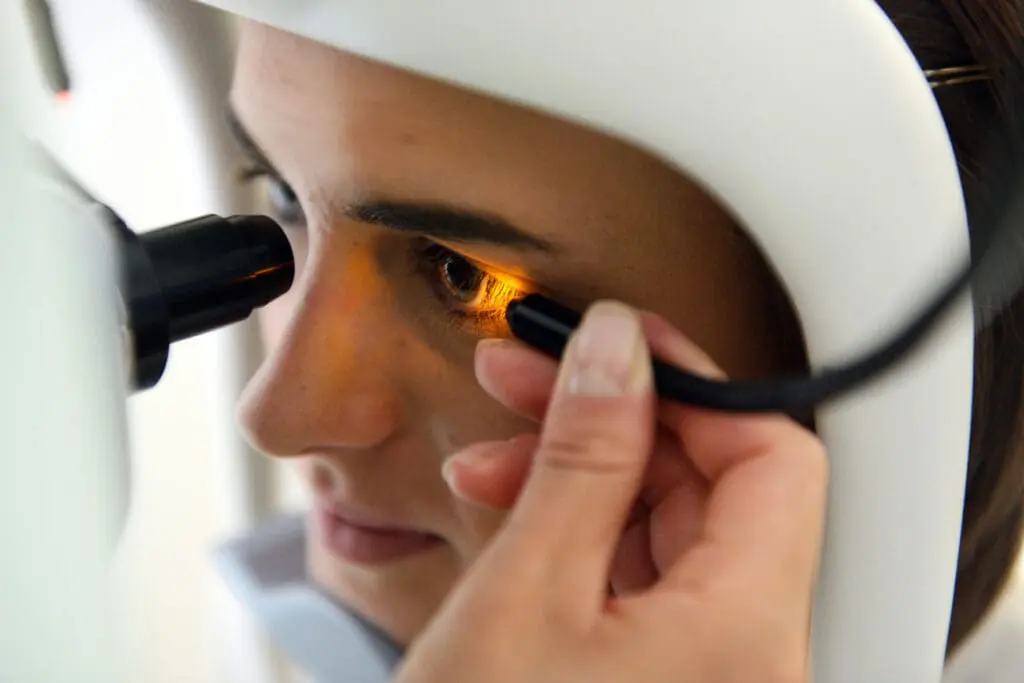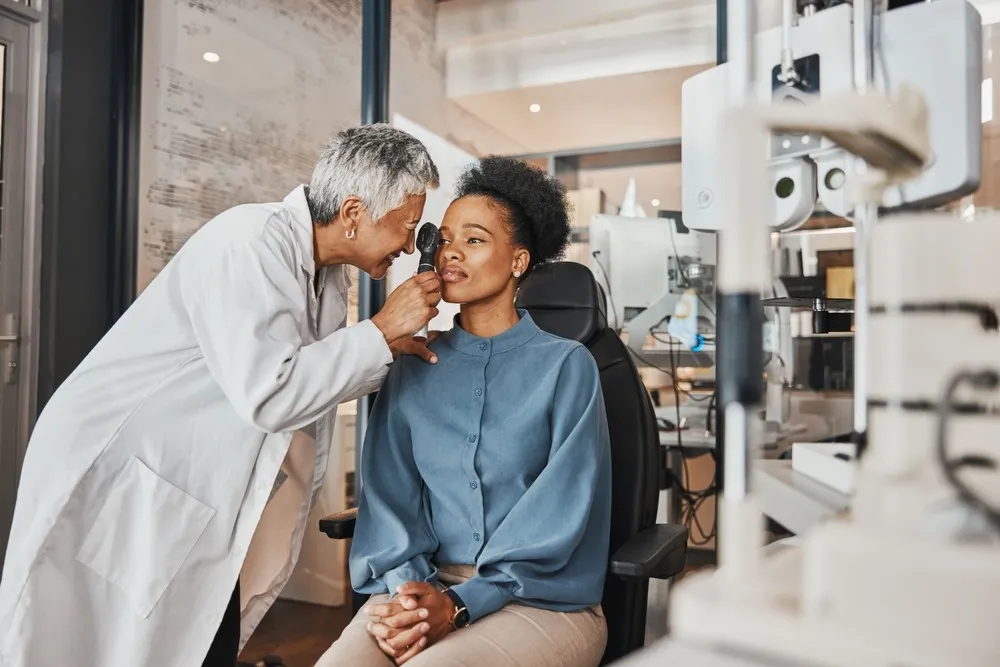Routine examinations with ophthalmologists are a component of overall health management. These appointments provide an opportunity to evaluate vision and monitor the health of the eyes over time. An ophthalmologist is a medical doctor who specializes in eye and vision care. They are trained to provide a full spectrum of eye care. This ranges from prescribing glasses and contact lenses to performing complex and delicate eye surgery.
What Are Eye Exams?
A comprehensive eye exam is a procedure performed by ophthalmologists to assess both vision and the physical health of the eyes. These examinations go beyond a simple vision screening, which only tests visual acuity. During an exam, an ophthalmologist uses a variety of instruments and techniques to evaluate the different parts of the eye. This allows for a thorough assessment of the eye’s structure and function.
These exams serve as a way to screen for various eye conditions. Some conditions, such as glaucoma, diabetic retinopathy, and macular degeneration, may develop without obvious symptoms in their early stages. An eye exam allows a specialist to observe the internal structures for any signs of change.
What Should You Expect?
When you visit an ophthalmologist for a comprehensive eye exam, the appointment typically follows a structured process. The visit often begins with a discussion of your medical history, including any vision problems you may be experiencing, your family’s medical history, and any medications you are taking. This information helps the ophthalmologist understand your specific health profile.
Following the initial discussion, several tests are performed. A visual acuity test, which involves reading letters from a chart, measures the sharpness of your vision from a distance. A refraction assessment is then conducted to determine the appropriate lens prescription for glasses or contact lenses, if one is needed. This is the part of the exam where you look through a device and indicate which lenses provide clearer vision.
The ophthalmologist will also measure the pressure inside your eyes, known as intraocular pressure, which is a common screening test for glaucoma. A slit-lamp examination uses a specialized microscope to provide a magnified view of the eye’s structures. Structures that can be observed include the cornea, iris, and lens. For a more detailed look at the back of the eye, the ophthalmologist may dilate your pupils with eye drops. This widens the pupil, allowing for a better view of the retina and optic nerve.
Who Benefits From One?
Comprehensive eye exams are relevant for individuals across all age groups, though recommendations may differ based on life stage and health status. Adults over the age of 40 may notice changes in their vision, particularly with reading and close-up tasks. For seniors, annual or biennial exams are often suggested, as the incidence of conditions like cataracts, glaucoma, and macular degeneration rises with age.
Certain groups may have different needs. People with diabetes are at risk for diabetic retinopathy and may need more frequent examinations. A family history of eye disease can also increase an individual’s risk. Those who have sustained an eye injury or are taking medications with potential side effects on the eyes may also benefit from a tailored examination schedule.
Seek Care From Ophthalmologists
Maintaining awareness of your eye health is a proactive step. Scheduling a comprehensive exam with an ophthalmologist allows for a professional evaluation of your vision and the health of your eyes. These routine appointments create a historical record, making it easier to detect and track changes over time. An ophthalmologist can provide guidance based on your individual health profile and answer any questions you may have about your eyes.
Social Sharing
Your Content Goes Here
Latest Posts





